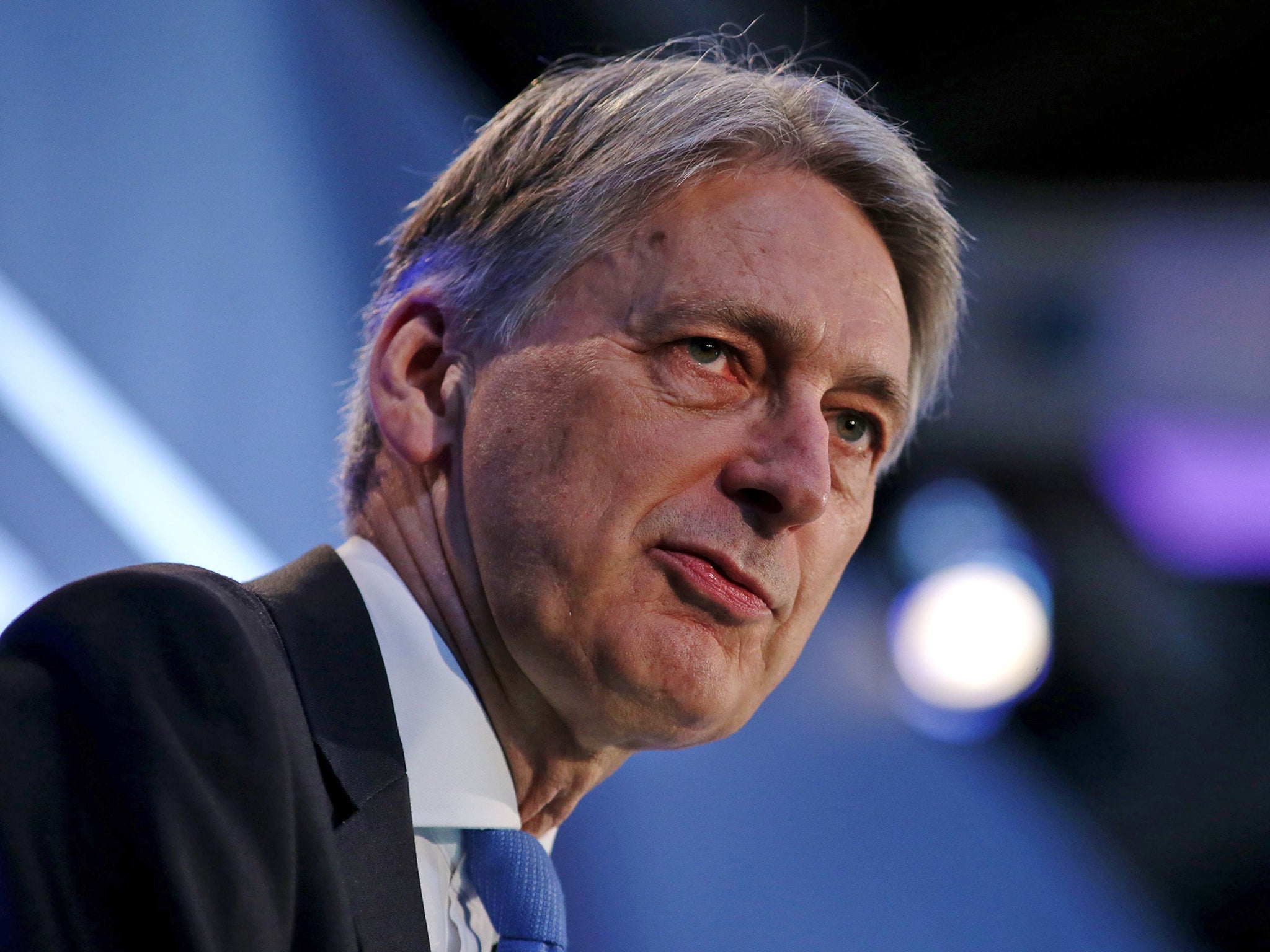UK deficit falls by more than expected in April, opening way for Budget spending increases
The Office for National Statistics also revised down its estimate for the 2017/18 deficit by £2.1bn to £40.5bn

UK government borrowing was smaller than expected in April according to official data, possibly opening up the way for the Chancellor to increase public spending in the Autumn Budget.
The deficit in April, the first month of the 2018-19 fiscal year, came in at £7.8bn, lower than the £8.6bn City analysts had pencilled in.
The Office for National Statistics also revised down its estimate for the 2017/18 deficit by £2.1bn to £40.5bn.
This was equivalent to 2 per cent of GDP – the lowest ratio since 2001/02.
The Office for Budget Responsibility had pencilled in a deficit of £45.2bn for 2017/18 at the time of the Spring Statement in March.
At that time Philip Hammond had suggested that if the public finances continued to improve over the coming months he would “have capacity to enable further increase in public spending and investment in the years ahead”.
“April’s public finances figures have got the new fiscal year off to a good start and suggest that the Chancellor might have more elbow room to loosen the purse strings in the Autumn Budget,” said Ruth Gregory of Capital Economics.
However, Howard Archer of the EY Item Club said a significant loosening of the purse strings was still unlikely, noting that the chief secretary to the Treasury, Liz Truss, recently said that public spending increases could only follow stronger GDP growth.
GDP growth in the first quarter is estimated by the ONS to have fallen to 0.1 per cent, the weakest in more than five years. Productivity growth also slipped by 0.5 per cent.
A Treasury spokesperson said: “Borrowing is at the lowest level for a decade, which shows our balanced approach is working. We are backing public services, keeping taxes low, and investing £31bn more in infrastructure and skills as we build an economy that is fit for the future.”
The OBR's current forecast for the 2018-19 deficit is £37.1bn, falling to £33.9bn in 2019-20. It has previously said that it expects the 2017-18 deficit to be revised higher by the ONS due to higher spending by local governments than the statistics agency has pencilled in.
Join our commenting forum
Join thought-provoking conversations, follow other Independent readers and see their replies
Comments